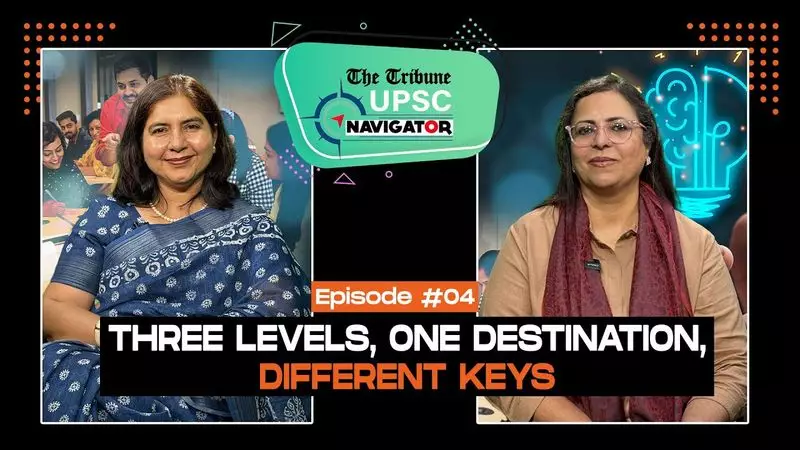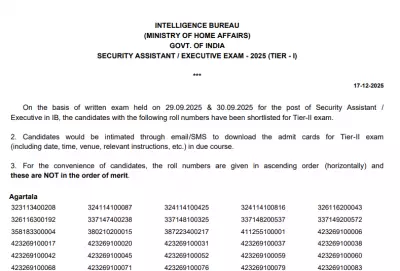
The UPSC Civil Services Examination isn't just another competitive exam - it's a grueling marathon that tests candidates across multiple battlefields. Each stage presents unique challenges that require specialized strategies for success.
The Three-Tiered Battlefield: Understanding UPSC's Structure
The UPSC journey is divided into three distinct phases, each demanding a different approach and mindset. Many aspirants make the mistake of using the same strategy across all stages, which often leads to disappointment.
Stage 1: Prelims - The Elimination Round
The Preliminary examination serves as the first major hurdle, designed to filter candidates through objective-type questions. This stage requires:
- Strategic subject selection focusing on high-scoring areas
- Extensive current affairs coverage from reliable sources
- Rigorous mock test practice to build speed and accuracy
- Smart elimination techniques for negative marking scenarios
Stage 2: Mains - The Writing Marathon
Once you clear Prelims, the real test begins with the Mains examination. This stage evaluates your analytical abilities and knowledge depth through descriptive answers.
- Develop structured answer writing with clear introductions and conclusions
- Master time management during the lengthy nine-paper examination
- Integrate current events with static syllabus topics
- Practice answer presentation with diagrams, flowcharts, and case studies
Stage 3: Interview - The Personality Assessment
The final stage assesses your personality, communication skills, and suitability for a career in civil services. Preparation should include:
- Thorough DAF analysis and possible questions from your background
- Mock interview practice with experienced mentors
- Current affairs revision with focus on national and international issues
- Personality development and communication skills enhancement
The Winning Mindset: Beyond Syllabus Preparation
Successful UPSC candidates emphasize that technical preparation alone isn't enough. Mental fortitude plays an equally crucial role in this demanding journey.
Consistency over intensity is the golden rule. Regular study habits outperform last-minute cramming sessions. Quality of preparation consistently trumps quantity of hours spent.
Building a support system of mentors, peers, and family can make the difference between giving up and pushing through challenging phases. Many toppers attribute their success to having the right guidance at critical moments.
Adaptive learning is essential - be prepared to modify your strategy based on performance in mock tests and changing exam patterns. The UPSC ecosystem evolves constantly, and flexibility becomes your greatest asset.
Expert Insights: What Separates Successful Candidates
According to experienced mentors and previous year toppers, the common thread among successful candidates is their ability to treat each stage as a separate examination while maintaining continuity in preparation.
They emphasize conceptual clarity over rote learning, application-oriented knowledge over mere information accumulation, and stress management throughout the lengthy process that can span over a year.
The ultimate key lies in understanding that UPSC preparation isn't just about clearing an exam - it's about transforming into an individual capable of handling the responsibilities of civil service.





